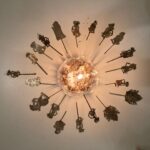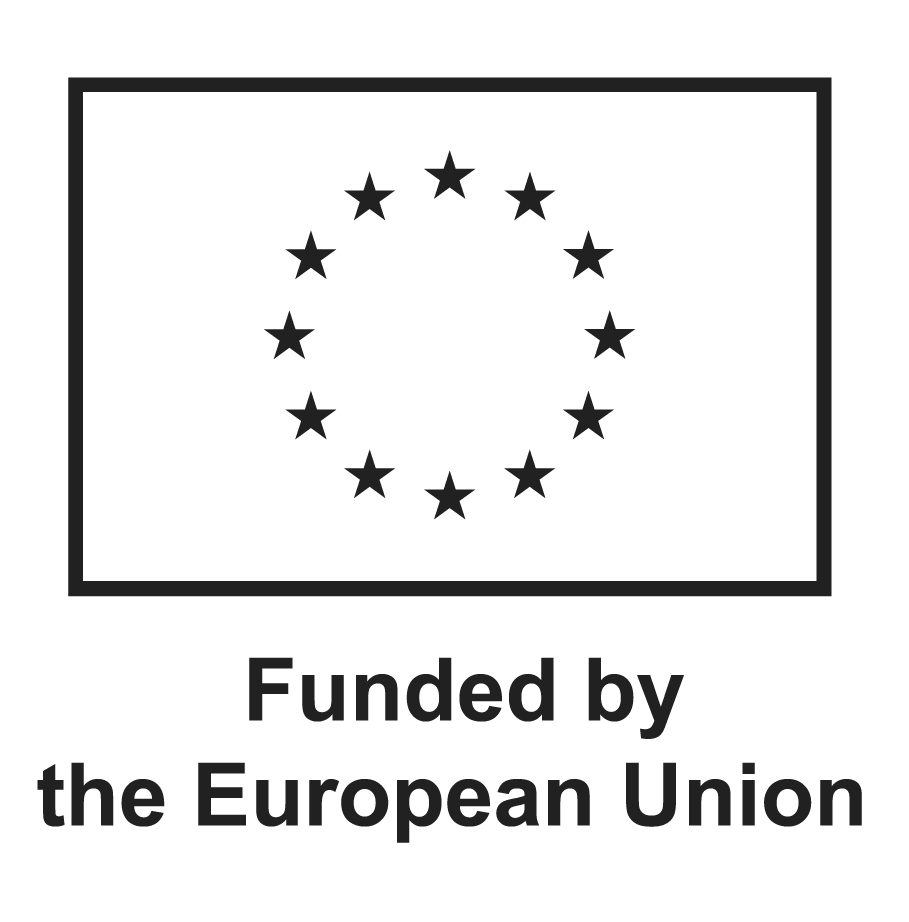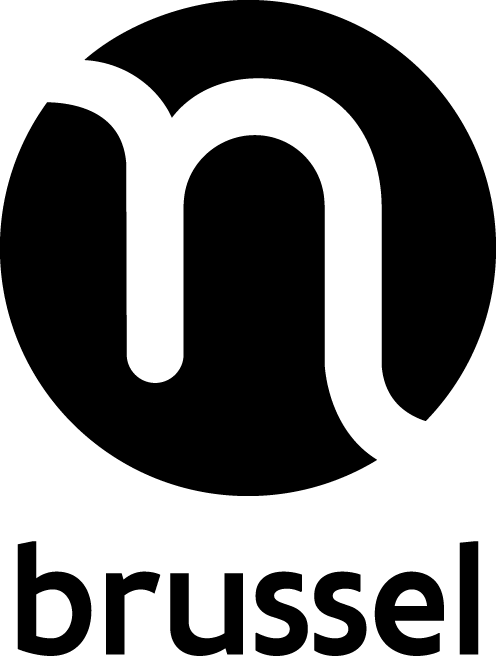

After doing some research related to natural changes and human consumption patterns, our artistic views have changed a lot because they often see directly the phenomena and ecological issues related to technological development. The high consumption of music production devices and the automatic musical instrument industry will have an impact on the demand for metal raw materials from the producer, and will also significantly impact mining production and the end of environmental changes.
In every technology development, there are always different skills and habits that emerge and there is an innovation or DIY culture. Our study of technology and the development of mindset lately, industrial propaganda also changes people’s consumption patterns. The question is, is the change in consumption patterns deliberately made to increase the demand for consumption? How is the technology changed people’s way of life, the difference of life, the way of thinking, tradition and culture changes?
In this program we want to do research on the culture of DIY technology in Europe. Where we live in Yogyakarta has a very large DIY culture, the culture changes many views of the culprit about consumerism, and also changes lifestyle, and it turns out that the pattern is unconsciously related to traditional Javanese patterns that prioritize policies in consuming something. From my experience of research in Papua a few years ago where Papua is one of the biggest gold and copper mines in the world, the connection in my practice is that almost all devices used are copper, ranging from electronic devices supporting music production and even instruments made from metal -based .
By embracing DIY culture, unwise consumptive patterns can be very suppressed, according to the research that we did in the market for music production devices, Yogyakarta is an area with the largest DIY culture in Indonesia which turned out to have an impact with the decline in the sale of music production equipment. This was said by several product dealers. The community is very wise in consuming products, not buying what they want but buy what is needed and even make your own needed.
We do not have competence in the world of activism so that we can only pay debt to nature that has sacrificed for all the devices that we use wisely in product consumption and will continue to campaign for the DIY culture movement and inform the public the results of research, especially about natural changes due to product capitalism production To the public broadly in artistic territory, with the hope that the information reaches those who have the competence to take action.
We want to get a variety of artistic work methods related to technology, in some previous programs we always get additional methods and share technicalities and empirical experiences, which ultimately add to our work formula, and of course we can share and campaign for what we are doing.
The result of the research can be use as a tools of knowledge to make an innovations, find an alternative materials, creating DIY culture, healty technology, and generating information in terms to encourage public critical thinking. Behind the fast development of technology, are the rapid processes of destruction of our planet, its environment, and its cultures.
We planned to community engagement workshop on developing public issues, open studio for sharing experiences, ideas, approach and interact with public in collaborative, participative, and interactive live.
Event in the framework of tekhnē, funded by the European Union. Views and opinions expressed are however those of the author(s) only and do not necessarily reflect those of the European Union or the European Education and Culture Executive Agency (EACEA). Neither the European Union nor EACEA can be held responsible for them.

 Sebastian Dingens - WALKS
Sebastian Dingens - WALKS

 Pavel Tchikov 29/11/23
Pavel Tchikov 29/11/23

 Nika Son - Scatter
Nika Son - Scatter


